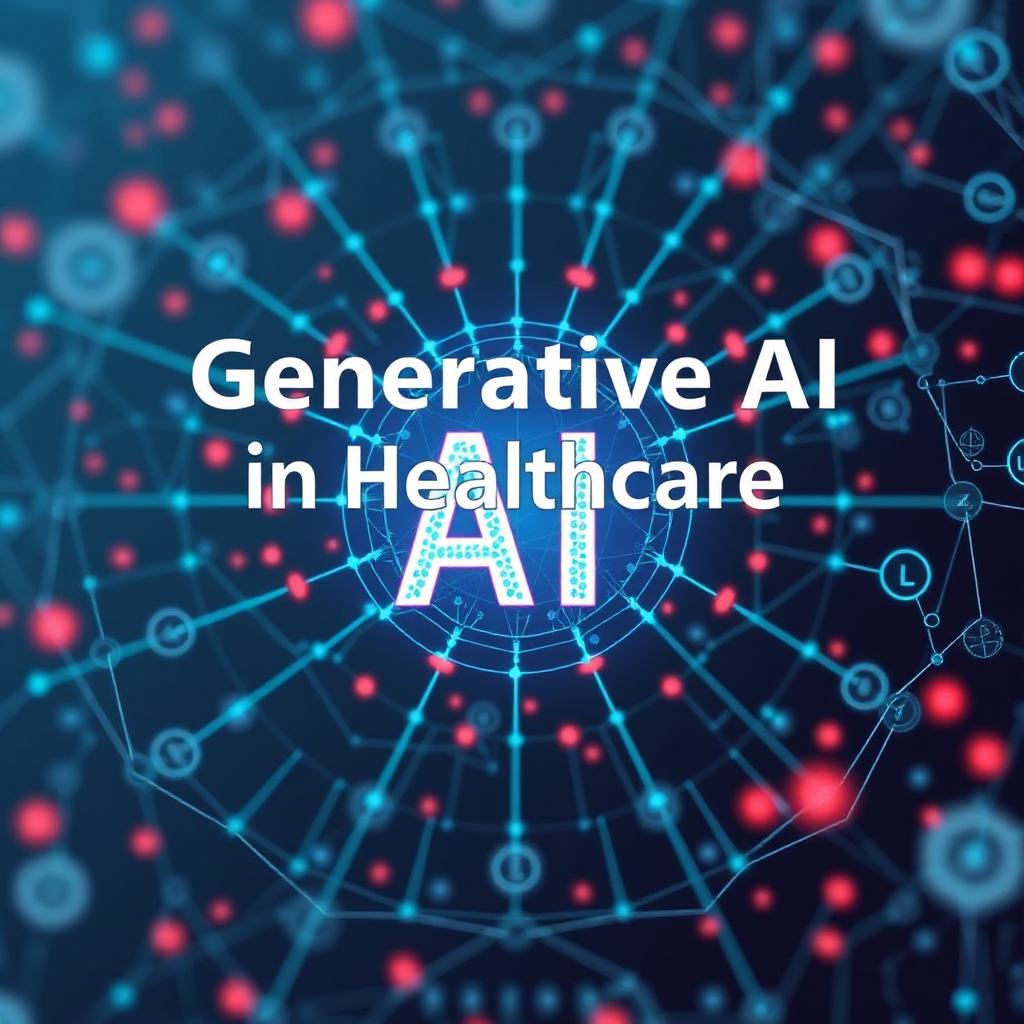
AI is quickly becoming a driving force in healthcare, moving far beyond basic automation to fundamentally change how care is delivered, documented, and tailored to each person. In 2025, hospitals, pharmaceutical companies, and startups are all embracing this technology to create new solutions, make sense of huge amounts of data, and simplify complex tasks. From virtual doctors chatting with patients to systems that handle administrative work behind the scenes, generative AI is ushering in a new era where care is more efficient and centered around the patient.
Smarter Conversations and Support
One of the most noticeable changes is the rise of AI-powered virtual health assistants and chatbots. These tools, trained on massive medical datasets, can now have nuanced conversations with patients-answering questions, analyzing symptoms, and helping direct people to the right level of care. For example, platforms like Google’s MedPaLM and Babylon Health’s AI assistant are already handling a large share of patient inquiries, which frees up doctors and nurses to focus on more urgent or complex cases. This 24/7 support means patients get answers faster and spend less time waiting, leading to higher satisfaction and better access to care.
Sharper Diagnostics and Imaging
Generative AI is also making waves in medical imaging and diagnostics. Advanced AI models can enhance blurry scans, fill in missing data, and spot abnormalities in X-rays, CTs, and MRIs with remarkable accuracy. Hospitals across Europe are now using these tools to detect early-stage cancers and other conditions sooner, giving patients a better chance at positive outcomes. For radiologists, AI acts as a reliable second set of eyes, reducing errors and speeding up the diagnostic process.
Personalized Care for Every Patient
Personalized medicine is another area where generative AI shines. By analyzing a person’s genetics, medical history, and lifestyle, AI can recommend treatment plans that are uniquely suited to each individual. In cancer care, for example, AI can simulate how a patient’s tumor might respond to different drug combinations, helping doctors choose the most effective treatment with the fewest side effects. This marks a shift from generic, one-size-fits-all medicine to care that is truly individualized.
Cutting Down on Paperwork
Administrative work is a huge burden in healthcare, but generative AI is stepping in to help. Tools like Microsoft’s Nuance, powered by advanced language models, are automating clinical documentation, summarizing patient visits, and even handling insurance claims. This not only reduces errors and speeds up billing but also gives healthcare providers more time to spend with patients. AI is also being used to generate synthetic patient data for research and training, protecting privacy while enabling innovation.
Looking Ahead: Proactive, Connected Care
The future of generative AI in healthcare looks even more promising. We’re seeing the rise of AI-powered wearables for real-time health monitoring, treatment plans that adjust dynamically as patients respond to therapy, and even AI-assisted robotic surgeries. As these technologies mature, healthcare will become more proactive, responsive, and accessible-helping people stay healthier and catch problems earlie






